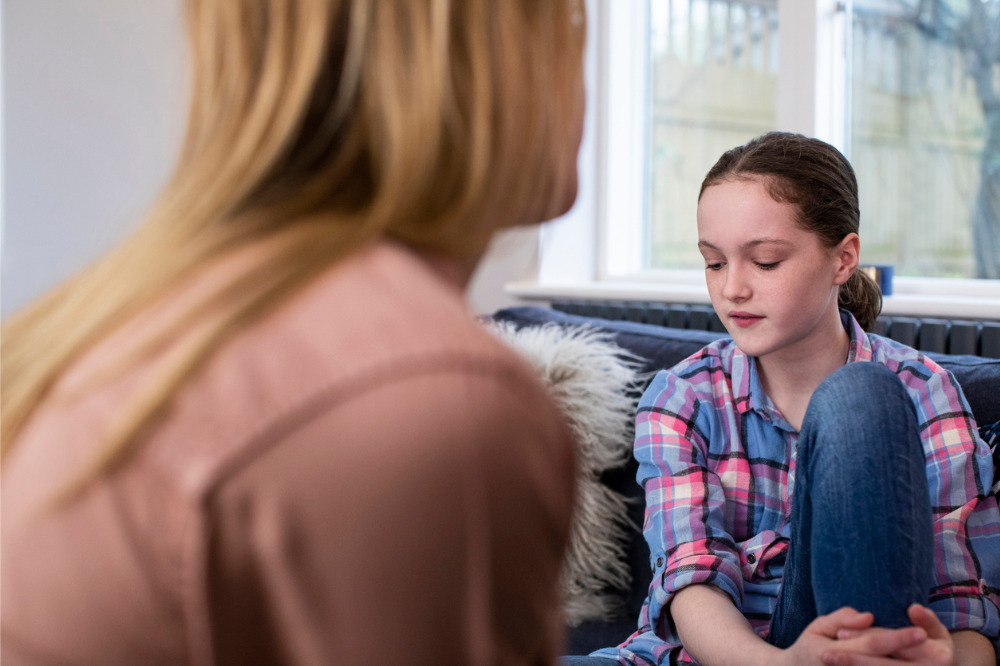
The events of this year have put the spotlight on student health and wellbeing in a big way, but a new report has revealed that equity and discrimination is the top national issue for young people in 2020.
Between April and August this year, Mission Australia surveyed 25,800 school-aged children for its19th annual Youth Survey Report to collect valuable about young people’s most pressing concerns.
The study revealed that young Australians aged between 15 to 19 years old have significant concerns relating to equity and discrimination, COVID-19, mental health, education and employment.
However, for the first time, equity and discrimination is the top national issue for young people, rising from third place in 2019 (24.8%) to the top spot in 2020 (40.2%) – an increase of more than 60 per cent since last year.
More than one quarter (27.0%) of young people reported being unfairly treated in the past year, most commonly due to their gender (41.0%) with far more females than males citing this as the reason for the unfair treatment (48.0% vs 22.5%).
Other reasons for unfair treatment were race/cultural background (30.4%) and mental health (26.0%). More than half (55.3%) of young people had witnessed someone being treated unfairly in the past year.
Mission Australia’s CEO, James Toomey, said that while schools have a significant role to play in promoting inclusion, fairness and wellbeing, they are also an important site of efforts to eradicate discrimination.
“They are a central, daily point of contact with young people, including those who are currently experiencing unfair treatment and those who may be vulnerable to such difficulties in the future,” Toomey told The Educator.
“Young people spend a significant proportion of their time at school, and young people from all different communities and circumstances attend”.
He said schools are therefore the ideal settings to promote a culture whereby unfair treatment is considered unacceptable.
“Schools can provide programs and interventions that combat unfair treatment, promote and improve inclusion and cohesion, encourage help-seeking and provide pathways to support,” he said.
However, Toomey said it is important that schools get the resources to address discrimination and unfair treatment, and to engage effectively with students who are being targeted and require help from the school and beyond.
“This could include creating safe spaces to open up discussion about issues relating to equity and discrimination. Professional training on handling these issues for teachers and school leaders would be beneficial, as would the evaluation of specific anti-discrimination programs,” he said.
“Particular attention should also be paid to students who are most the vulnerable to being bullied; including students who might be at risk of unfair treatment due to social prejudices”.


